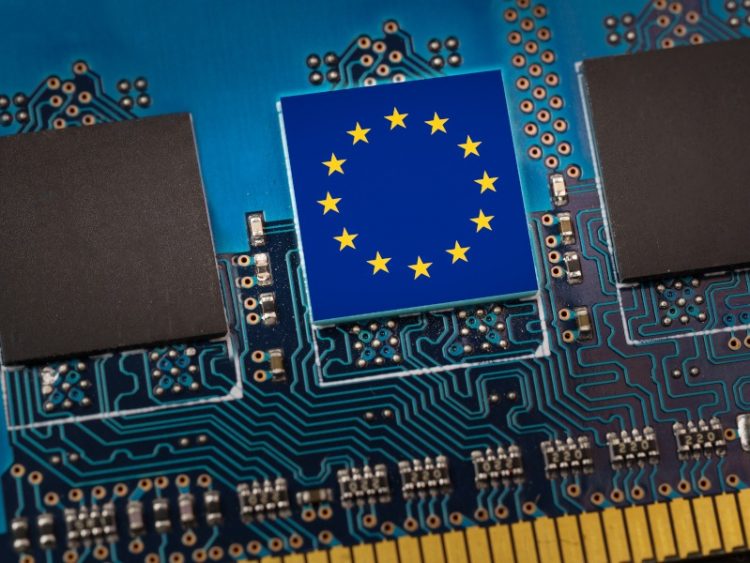The current EU rules around product liability are more than 40 years old, meaning they do not cover harm caused by drones and other AI tech.
The European Commission has outlined a set of new proposals to enable people who are harmed by AI tech products to seek and receive compensation.
The proposals were published today (28 September). They are designed to comply with the EU’s 2021 AI Act proposal, which set out a framework for trust in AI-related technology.
Today’s AI Liability Directive aims to provide a clear and comprehensive structure for all Europeans to claim compensation in the event they are harmed by AI tech products, such as drones and robots.
The EU’s directive includes rules for businesses and consumers alike to abide by. Those who are harmed by AI products or tech can seek compensation just as they would if they were in harmed any other way.
The rules will make it easier for people who have been discriminated against by AI technology as part of the recruitment process, for example, to pursue legal action.
An example of harm that may be caused by tech products is data loss. Robots, drones, smart-home systems and other similar digital products must also comply with cybersecurity regulations around addressing vulnerabilities.
The directive builds on existing rules that manufacturers must follow around unsafe products – no matter how high or low-tech they are.
It is proposing a number of different strategies to modernise and adapt liability rules specifically for digital products. The existing rules around product liability in the EU are almost 40 years old, and do not cover advanced technologies such as AI.
European commissioner for internal market, Thierry Breton, said that the existing rules have “been a cornerstone of the internal market for four decades”.
“Today’s proposal will make it fit to respond to the challenges of the decades to come. The new rules will reflect global value chains, foster innovation and consumer trust, and provide stronger legal certainty for businesses involved in the green and digital transition.”
Vice-president for values and transparency, Věra Jourová, said that for AI tech to thrive in the EU, it is important for people to trust digital innovation.
She added that the new proposals would give customers “tools for remedies in case of damage caused by AI so that they have the same level of protection as with traditional technologies”. The rules will also “ensure legal certainty” for the EU’s internal market.
As well as consumer protection, the proposals are designed to foster innovation. They have laid down guarantees for the AI sector through the introduction of measures such as the right to fight a liability claim based on a presumption of causality.
The AI Liability Directive will need to be agreed with EU countries and lawmakers before it can become law.
10 things you need to know direct to your inbox every weekday. Sign up for the Daily Brief, Silicon Republic’s digest of essential sci-tech news.
Source by www.siliconrepublic.com





























